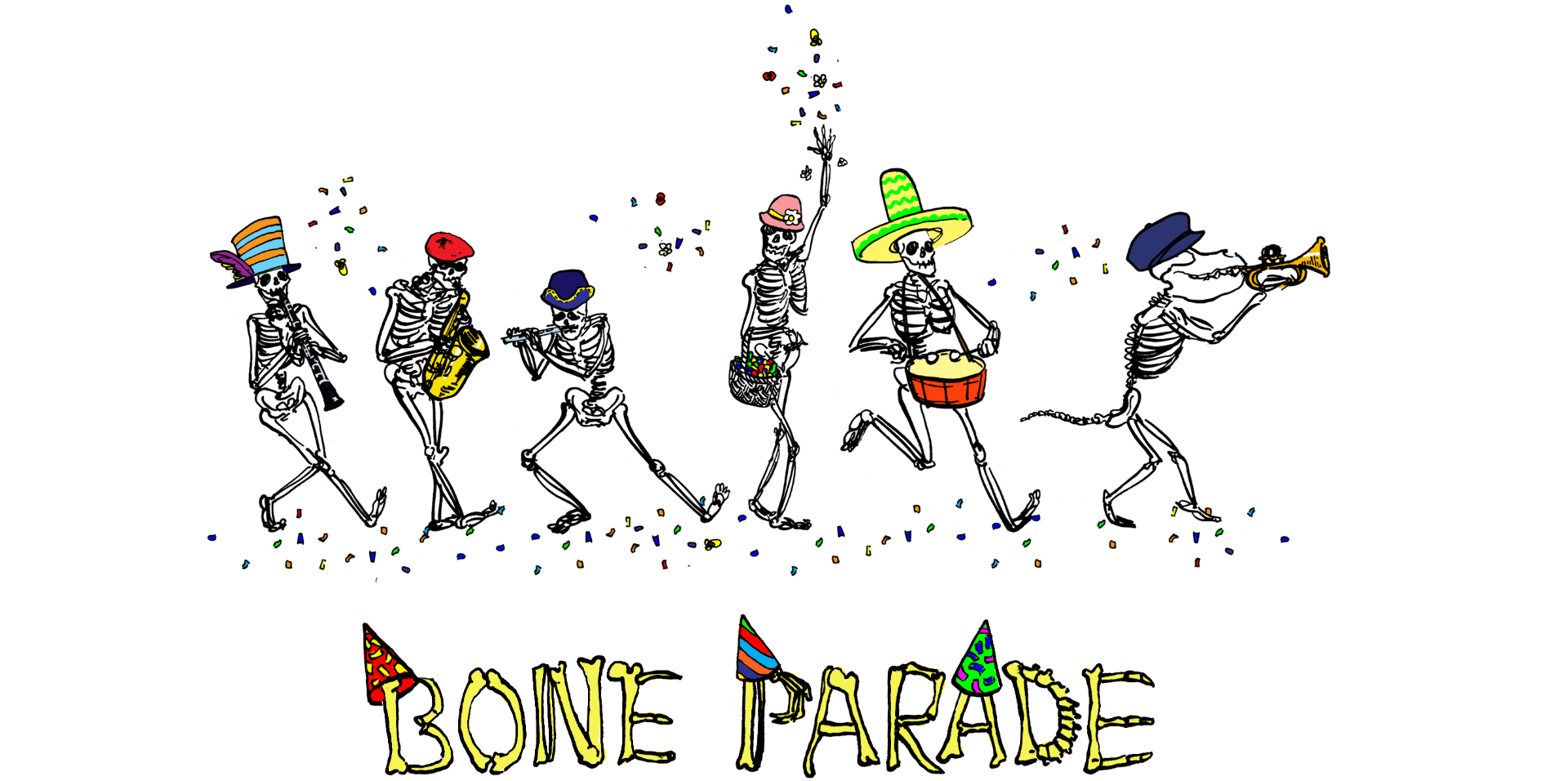KILLING / BENJAMIN WARNER
At the end of the season, they killed. Together with Mark, the director—though it was more often than not only Paul—Mark had paperwork to shuffle in the office—they made light of the inventory. It was easier than finding them homes.
The chicks he held by their feet and thwapped their heads against the side of the shed. He threw them on a leaf pile out back and they were always gone by morning. The lizards he put in the fridge, and after an hour, when their metabolisms had slowed, he put them in the freezer. When they were dead, he put them in the trash. The parakeets went into the ferret cage, and the red-eyed ferrets seemed to grin deviously as they swatted at their short, frantic flights. The ferrets killed them slowly, but finally they were only feathers. The ferrets belonged to Mark, and they would go back with him to his apartment in Baltimore.
The guinea pig he put into the snake’s fiberglass box. They had visitors for that—the last of the season—and they stamped their feet while waiting for the strike and then moaned and turned away as the snake unhinged its jaw.
Next to the leaf pile, they had a tiny monkey that lived in a wire enclosure. Paul was just teaching one of the stragglers about how cool instincts were. “Watch this,” he’d told the kid, and took the snake, coiled around his waist and up his arm—the guinea pig just a lump of digestion in a bend of the snake’s belly that rested near his elbow—out to the monkey’s enclosure. The monkey shrieked and hissed and climbed up onto it highest perch. “Isn’t that cool?” Paul had said. “He’s never even seen a snake, but he knows to be afraid.” The monkey pulled its lips back exposing a set of vicious teeth. Paul hadn’t wanted the monkey to die. Mark had given him hell about that. They’d only rented the monkey for the summer. Paul turned the kid away as the monkey stiffened and fell, but still clung upside-down by its feet. It had no more life than a prize pinned up behind a ring toss.
The snake was an albino python, and though it was rare, and six feet long, and would have brought some money in, it was also infested with mites that they couldn’t get rid of, and so when the visitors left, Paul put the snake on a bench outside and chopped its head off with a cleaver. He put the body in a plastic bag, and tied it, and then for some reason threw it in the lake. It floated there, like a warning, and he had to throw stones at it to sink it.
The bunnies he set free. They sat in the grass and twitched their noses, and he toed their little rumps to direct them into the woods.
Paul was 16 years old that summer, and ten years later, he’d lost contact with Mark and married his graduate instructor. They both got jobs in Oregon. They were social workers and worked with drug addicts, mostly the heroin crowd. Paul had never imagined such honest depravity in a land so rich. He wanted to gather all the drunks into his arms and yell at them, Just look around you! Take a goddamn walk! There’s moss on the trees as thick as carpet! But he couldn’t say any of that. Beneath his frustration, he harbored a deep compassion for people who suffered.
He had nightmares, though.
Giant bunnies that he approached only to find them leaning on their sides, breathing hard, their bellies distended; snakes that bit him; being lost in dark, dark woods with no hope of sunrise.
Ben Warner received an MFA from Cornell University, and is the editor of Voices and Visions, a poetry journal for the homeless community of Montgomery County, Maryland.
